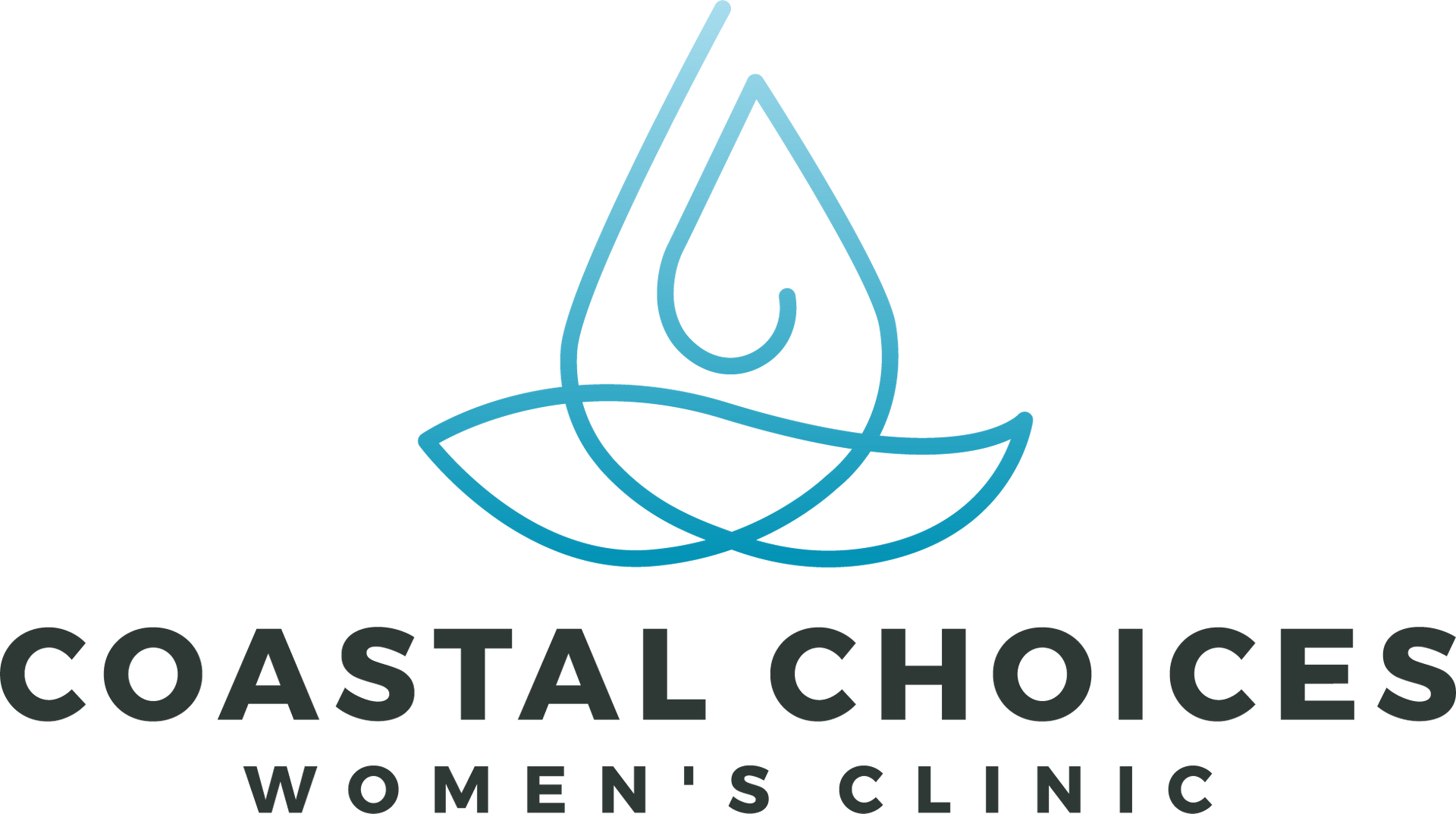What Are The Risks Of Abortion?
What Are The Risks Of Abortion?
The Risks Of The Abortion Pill
The abortion pill is a medical or chemical method used to terminate your pregnancy. This method uses two drugs over a 24 to 48-hour period.
The first drug, mifepristone, is highly regulated by the FDA. According to their website, the drug is approved for use only through ten weeks gestation (70 days or less since the first day of a patient’s last menstrual period). The word gestation refers to how far along you are in your pregnancy.
According to the Mayo Clinic, the following are the potential risks of the abortion pill:
- Incomplete abortion, which may need to be followed by surgical abortion
- An ongoing pregnancy if the procedure doesn’t work
- Heavy and prolonged bleeding
- Infection
- Fever
- Digestive system discomfort
There are several reasons you may not be a candidate for medical abortion. You cannot take the abortion pill if you have an IUD, ectopic pregnancy, or certain medical conditions. You must be able to see your abortion provider for a follow-up visit to ensure your abortion is complete.
The Risks Of Surgical Abortion
Abortion providers perform surgical abortions in clinics because they are more invasive than chemical abortions. Surgical abortion involves dilating (opening) the cervix. The cervix is the area that leads to the uterus.
Depending on how far along you are, dilation could take hours or days. Most abortion providers suggest some form of anesthesia or a painkiller before your procedure.
There are three main types of surgical methods.
- Vacuum aspiration is where the abortion provider sucks the pregnancy out using a vacuum-type instrument.
- Dilation and curettage (D & C) is a combination of vacuum aspiration and a sharp spoon-shaped instrument called a curet used to scrape the walls of the uterus.
- Dilation and Evacuation (D & E) adds forceps to remove more significant parts of pregnancy tissue.
The Mayo Clinic lists the following potential risks of surgical abortion:
- Perforation of the uterus
- Damage to the cervix
- Scar tissue on the uterine wall
- Infection
The Potential Emotional Risks Of Abortion
In addition to the above potential physical risks, there are possible emotional risks too. Experts agree “abortion is consistently associated with elevated rates of mental illness compared to women without a history of abortion.”
You are particularly vulnerable if you have had previous mental health issues.
The Importance Of Ultrasound
Determining how far along you are in your pregnancy is critical to learning the abortion method used. Ultrasound pinpoints how long you’ve been pregnant and identifies if your pregnancy is viable (growing with a detectable heartbeat).
As high as 20% of known pregnancies end in a natural miscarriage. It’s possible to get a positive pregnancy test result even after you’ve miscarried.
Learn more about abortion, your pregnancy, and your options at Coastal Choices Women’s Clinic. We offer no-cost confidential pregnancy testing and an ultrasound scan.
Make a confident choice for your future with no-cost pregnancy screening at Coastal Choices. Schedule your appointment today.



FREE SERVICES
DISCLAIMER
Coastal Choices Women’s Clinic in DeLand, Florida, is a non-profit Community Health Clinic specializing in pregnancy confirmation and helping those facing unintended pregnancy explore their options. We do not provide extended OB/GYN or prenatal care nor do we perform or refer for abortion services, the abortion pill, emergency contraception, or birth control. The information presented on this website is intended for general education purposes only and should not be relied upon as a substitute for professional and/or medical advice.




